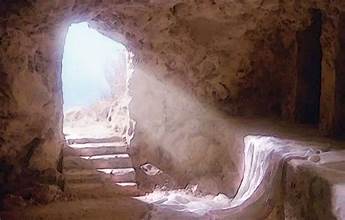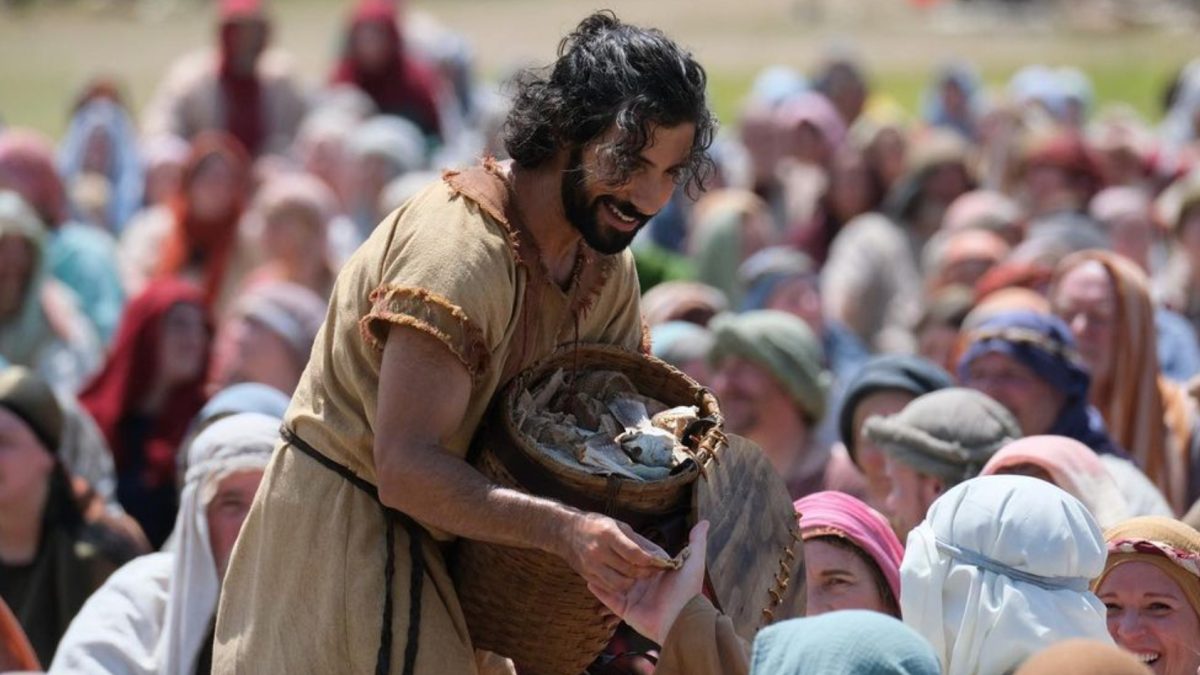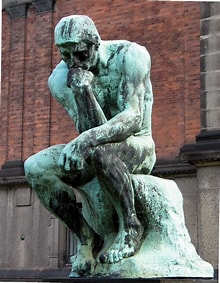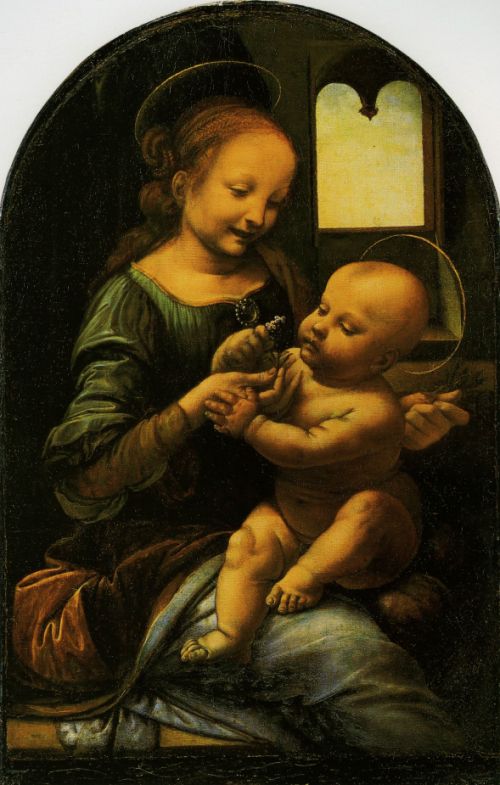Focal Passage: I Corinthians 13:1-13
I sang a duet this week with Pop/Soul recording star Tina Turner. She didn’t know it, but I certainly did. Listening to Sirius Radio’s Classic Hits station in my car this week behind the protection of my tinted windows, Tina and I belted out her soulful and defiant rendition of What’s Love Got to Do with It? Personally, I think I nailed it!
While my voice probably added little value to the 1980s hit, Tina’s husky voice gave the song a raw, emotional edge that made it feel lived in rather than just performed. What’s Love Got to Do with It? became Tina’s “anthem of independence,” a song that questioned love’s place in relationships while asserting her own strength.
What’s love got to do with it?
You may find it hard to believe, but that’s essentially the question Paul asked the people in the church at Corinth over 2,000 years ago. Let’s jump back in time for a bit.
Paul established the church in Corinth during his second missionary journey around 50 AD. While the church was doing some good things, it also struggled to stay grounded in Christ as Paul taught them. Some of the believers had a tendency to drift back into their old way of life, indulging in sexual immorality or blending aspects of their former pagan worship into their new beliefs.
Others, gifted by God for ministry in various ways, tended to believe their gifts were of greater value than others and considered themselves better than their fellow church members. Evidently, it led to some nasty arguments among them and more than a little name calling.
When the situation got bad enough, some folks in the Corinthian church, trying to do things the right way, boarded a boat and crossed the Aegean Sea from the port of Cenchreae (near Corinth) to Ephesus, a journey of about 200 nautical miles. They came to Paul, sharing what was happening back home and seeking his counsel.
While they struggled with a great many things, the story of the Christians in Corinth was a sad tale of dissension and disunity. All the infighting within the church damaged their witness for Christ. As a result, Paul sat down and wrote a corrective letter to his “brothers and sisters,” urging them to “end the divisions among you” and to be “perfectly united in mind and thought.” (I Corinthians 1)
At one point Paul addressed the issue of their disunity by explaining that God grants everyone abilities and spiritual gifts to be used to build up each other and the church as they work together to advance the cause of Christ. One gift is not greater than the other, making each person valuable to God’s kingdom.
Then, Paul shows them “the most excellent way” to end their divisiveness. As he did so, he wrote perhaps one of the New Testament’s most memorable passages: I Corinthians 13. Take a look.
If I speak in the tongues of men and of angels, but have not love, I am only a resounding gong or a clanging cymbal. If I have the gift of prophecy and can fathom all mysteries and all knowledge and if I have a faith that can move mountains, but have not love I am nothing. If I give all I possess to the poor and surrender my body to the flames, but have not love, I gain nothing.
Love is patient, love is kind. It does not envy, it does not boast, it is not proud. It is not rude, it is not self-seeking, it is not easily angered, it keeps no record of wrongs. Love does not delight in evil but rejoices with the truth. It always protects, always trusts, always hopes, always perseveres. Love never fails. (I Corinthians 13:1-8a)
It’s difficult to read these verses, as I often do, and not hear wedding bells. In fact, my wife and I chose these verses to be read at our wedding 50 years ago. While they fit quite well shoehorned into a marriage ceremony, it’s not what Paul had in mind when he penned them.
Paul needed the believers in Corinth to start loving each other as Christ loved them. To express love for each other and for the lost as a priority over everything else. Love, Paul believed, is the litmus test of our life in Christ, proving that we are his.
It wasn’t a thought unique to the apostle. Jesus taught his disciples the same thing just prior to his death on the cross.
A new command I give you: Love one another. As I have loved you, so you must love one another. By this shall all me know that you are my disciples, if you love one another. (John 13:34-35)
The love both Jesus and Paul spoke about is selfless love as defined in the Greek word agape. It was modeled by Christ throughout his life and upon his death on the cross for our sins. Self-giving. Sacrificial. Always seeking good for others even when they don’t deserve it.
Given the attitudes of many in the Corinthian church, Paul described not what love is, but how love acts—less descriptive adjective and more active verb. If our love fails to positively engage in the joy and hurt of others, if love fails to extend God’s grace , we accomplish nothing. We gain nothing.
That sounds harsh. There is a Latin phrase—sine qua non—that means essentially, “if you don’t have this, you don’t have anything.” Without love, the rest comes off no better than Professor Harold Hill’s River City Marching Band, a lot of notes, but very little music. Whatever we tried to accomplish gains nothing.
When considered in the context of Paul’s instruction to the Corinthian church, love expressed in patience is our choice to love someone not because of who they are, but in spite of who they are, in spite of what they’ve done to you. It is love that refuses to be offended and chooses again to see potential in others. Patient love does not demand instant understanding, but continues to disciple and teach.
A love expressed in kindness love isn’t just being nice. In the original Greek, the word for kind carries a sense of active gentleness that treats others with worth and dignity. It builds up others rather than tears down. It notices need and acts upon it. It is consistent in deeds, words and tone. It is love with hands and feet…and a gentle voice.
Paul also cites a litany of things love is not. He’s speaking directly to the Corinthians for whom love was, as Tina sang, a “second-hand emotion” forgotten amid the disharmony.
The attitudes of some within the church were envious, boastful, rude, self-seeking and angry toward others they deemed unworthy of their time and help. They diminished their giftedness by their lack of genuine love toward others. These attitudes were tearing apart the church and proving to be an ineffective witness.
“Love never fails,” Paul said. It always wraps its arms around the hurting. Love gives the benefit of the doubt by looking for the good in others. It clings to hope when change, healing or reconciliation is needed. It perseveres through the toughest of times, never giving up on God. Never giving up on others.
It must have hurt the heart of God for the Corinthian church to fall into such a destructive pattern of life. When you read through Paul’s letter, it’s not hard to imagine the hateful exchange of words among the believers who felt justified in their arrogance, believing themselves to be better, more faithful followers of Christ than others.
As I’m imagining their lack of love, I’m reminded of my own failure to extend love and grace to others in times they needed it most. I suspect you’re no different. We must do better.
Though I sometimes fail in that regard, I cringe when professing Christians post angry tirades on social media toward non-believers or even other professing Christians who hold differing views on the social, political or even spiritual topic of the day. I groan at the damage done to the cause of Christ when professing Christians in high political or social positions question with hateful words the faith of others who stand against their programs and policies.
Not everyone who loves is Christian, but every Christian should love always– because God first loved us.
Dear friends, let us love one another, for love comes from God. Everyone who loves has been born of God and knows God. Whoever does not love does not know God, because God is love. (I John 4:7-8)
Therein lies the challenge for our faith in our world today. To set aside the divisions and the disunity among us and love nonetheless. To pray sincerely for a change of heart for those who are so hurt they have to hate. Let love start with me. Let it start with you. As we grow in love, maybe we can love others into loving others.
Paul ends his discussion on the subject of love with this:
And now these three remain: faith, hope and love. But the greatest of these is love. (I Corinthians 13:13)
You see, as critical as faith and hope are to our present days, love supersedes them both. For one day, when we see Christ face to face, faith and hope will no longer be necessary.
Faith is that conviction that anchors us in Christ. Yet, one day in God’s kingdom, faith will give way to sight. We won’t need faith once we see him face to face. Hope, our confident expectation of God’s eternal promises, sustains us through this life. Once we have received what we long for in Christ, hope has served it’s purpose
Love never ceases. Love is not something God gives, it is who he is. In Christ, love will never fail or be replaced in heaven, it will only be perfected. Because love embodies the character of God as shown in Christ, it is our highest expression of spiritual maturity and the truest mark of any disciple.
That’s what Paul told the Corinthian church. It’s what he is telling us today. Measure your spiritual life not by the knowledge you attain, not by your giftedness and not the strength of your faith or the depth of your hope. Love is the proof of a life lived for Christ.
So, what’s love got to do with it?
Simply everything.
Thinking Points
In what ways am I tempted to value certain gifts, accomplishments, knowledge or opinions more than love?
When I am confronted with people who think, believe or act differently than I do, do I lean on active patience and kindness or do I fall back on something else?
Since love is eternal, how should that reshape the way I prioritize my relationships today?
React to this statement. Not everyone who loves is Christian, but every Christian should love? What does it say about our priorities?
Where might God be calling me to put love’s hands and feet into action this week?









